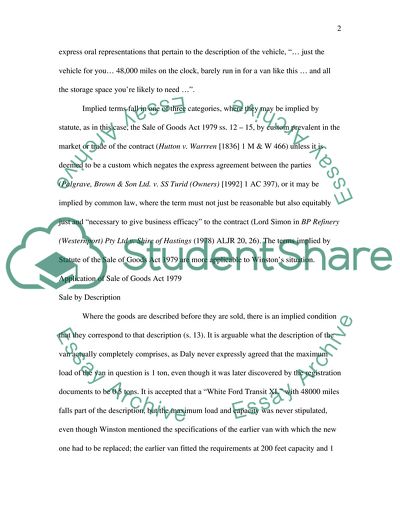Cite this document
(Sale of Goods Act Case Examination Assignment Example | Topics and Well Written Essays - 2250 words - 1, n.d.)
Sale of Goods Act Case Examination Assignment Example | Topics and Well Written Essays - 2250 words - 1. Retrieved from https://studentshare.org/law/1750543-law
Sale of Goods Act Case Examination Assignment Example | Topics and Well Written Essays - 2250 words - 1. Retrieved from https://studentshare.org/law/1750543-law
(Sale of Goods Act Case Examination Assignment Example | Topics and Well Written Essays - 2250 Words - 1)
Sale of Goods Act Case Examination Assignment Example | Topics and Well Written Essays - 2250 Words - 1. https://studentshare.org/law/1750543-law.
Sale of Goods Act Case Examination Assignment Example | Topics and Well Written Essays - 2250 Words - 1. https://studentshare.org/law/1750543-law.
“Sale of Goods Act Case Examination Assignment Example | Topics and Well Written Essays - 2250 Words - 1”, n.d. https://studentshare.org/law/1750543-law.


